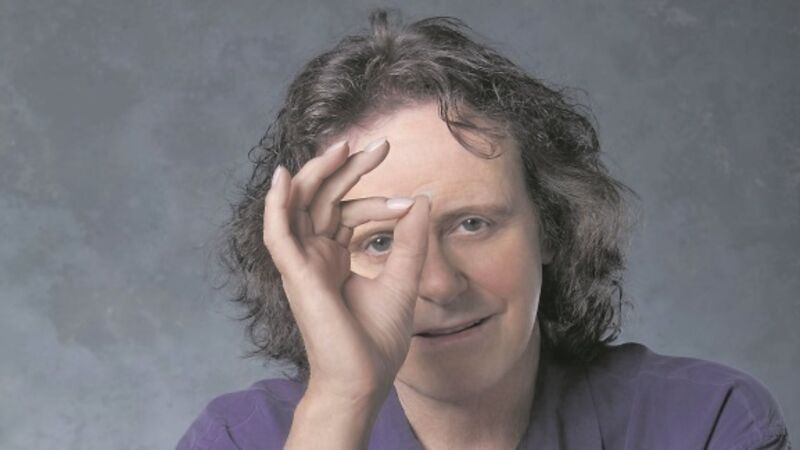Sixties psychedelia hero Donovan is the sunshine survivor as he returns to Cork

DONOVAN Philips Leitch is reclining in a corner of the Metropole Hotel in Cork, talking about fame and its many, many downsides. He speaks with some authority, being part of the first generation of rock and roll artists elevated, to their enduring shock, to global celebrity.
In the 1960s, Donovan was internationally prominent in his own right, with songs such as ‘Sunshine Superman’ and ‘Season Of The Witch’ laying the foundations for the psychedelic scene (a movement that would shortly afterwards bear fruit with Sgt Pepper’s Lonely Hearts Club Band and Pink Floyd’s Piper at the Gates of Dawn). But he also had a ringside position as friends such as The Beatles and Bob Dylan become international icons.











